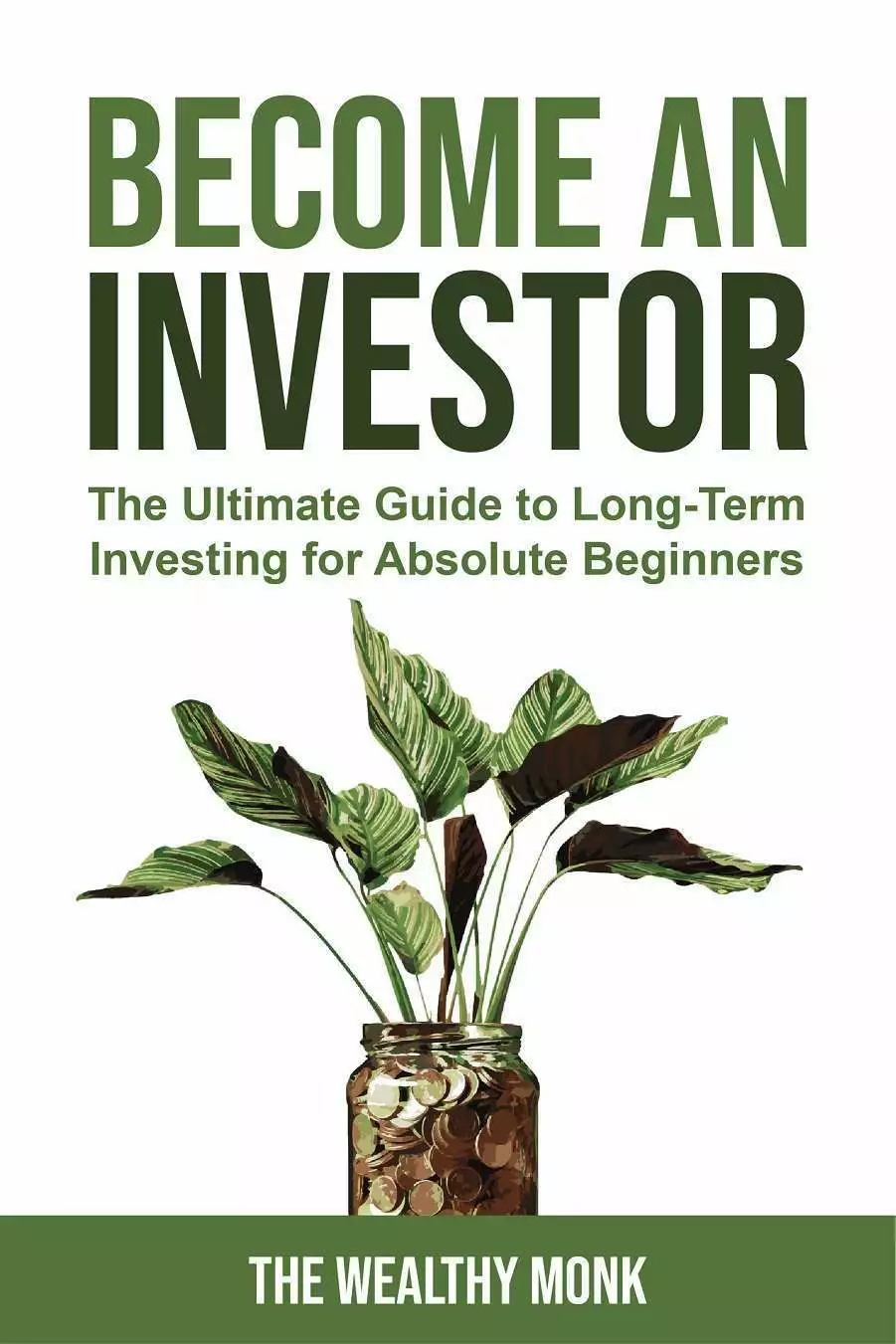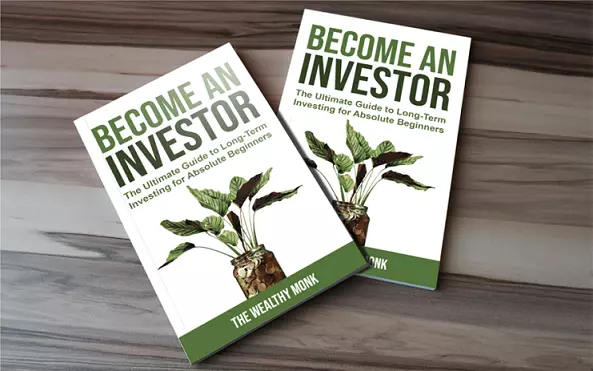
Things I’ve Learned This Year (2020 Recap)
I didn’t learn anything new.
But there are a handful of things I confirmed.
1. I’m not sacrificing anything for FIRE
Many unprepared people were hit hard by the cruel reality of a global recession.
Some of them suffered and didn’t adapt, but many accepted this “new way of life” and saw the beauty of a slower existence, being home and closer to their families, spending less, and enjoying the benefits of any other hobby/passion they picked up/developed during the months of lockdown. In other words: people understood how little they actually need to be happy with their lives.
This is because it’s an absolute truth. If certain people didn’t devolve in emotional weaklings, they’d have no delusions that spending more money would magically make their life more enjoyable. And although it’s so obvious to me, I still regularly encounter questions from FIRE newbies concerned that they’re “postponing” something, or that they’re “missing out“.
I wanted to write a sentence in the format of “If you consider X to be that important, just buy it!“. But then, what is this X that’s allegedly so expensive?
Most things that are commonly accepted as luxuries can be rented for less than 1000$. An all-inclusive exotic vacation can easily cost below 5000$. A bottle of any cognac that’s not a collector’s item and is meant to be drank will cost below 500$. A full set of high-tier clothing won’t cost you more than 3000$. A dinner in the fanciest restaurants, including Michelin rated ones, wouldn’t set you back more than 300$. A high quality 100+ inch TV or most of the top-notch furniture you’d want can be bought for under 5000$. Wearing a status symbol on your wrist, in a form of a watch, can cost less than $10k. A monthly payment on almost any car that makes sense given your income level should be less than an eighth of your salary.
The reality is that nothing is that expensive as you’re making it to be and wouldn’t affect your FIRE goals unless practiced out of compulsion. It just may be the case that you’re either not skilled/valuable enough in the market to afford everything you crave for… Or you want to impress someone you hate.
In both cases: you’re a sucker.
On the other side, a confident person wouldn’t even consider owning trends, especially if he can easily afford them. Getting a birthday present to such a partner is a completely different game – a recommended book, a practical item, or an introduction to an exciting field all make better gifts once we disregard the price as a factor. If you think about it, the only things that makes sense are inexpensive gifts for the one who has everything.
So no, I’m not missing out on absolutely anything in life by not owning more clothes rags than I do.
There is no object that I can buy to make myself happier. Because when something would make me happy – I just buy it. With all that surplus of cash that’s laying around because it wasn’t spent on treating my insecurities.
2. Owning is better than renting
I already hear the noise a certain part of the community start making, but the statement is true: in most countries, if you’re planning to live there, and under adequate economic circumstances, owning is generally better than renting. And you can’t “drown in debt” if you engage in careful planning rather than irresponsible hoping – I have plenty of posts on approaching these questions under the real estate category and this one is a good start.
And for any other alleged downsides of owning, the counter-argument is almost always the same:
- You need to pay property taxes – You need to pay rent.
- You need to pay for maintenance – You need to pay rent.
- You need to pay for real estate agents – You need to pay rent.
- You need to pay your mortgage – You need to pay rent.
Don’t think for a second that the equivalent of all potential expenses are not included in the rent. Otherwise, the owner would either sell the property or wouldn’t risk having tenants in it because it’s not worth it.
As this is an overgeneralization (and I understand it’s not that black and white for everyone and everywhere), here’s a specific anecdote. In many countries which follow the trend of gradual downgrade to socialism, the government tends to interfere in peoples’ private affairs. Namely, in the city I live in, the government literally prohibited landlords to rent their own apartments to individuals earning more than a certain threshold if the apartment “scores” low on an arbitrary point system based on how big it is, does it have a parking, and other arbitrary parameters.
So, why am I saying that owning is better than renting when the government interferes with homeowners? Well, imagine being a highly payed renter in such an environment – like I once was, luckily, before this law was enforced. I’d be exposed to the risk of facing homelessness or the stress of changing an apartment one more time. Again, at the mercy of another landlord, forced to live in an unnecessarily large home, and in an already overregulated market – the consequences of which are ultimately born by the tenants.
I never regretted living in my own place. Even when I wore the handyman hat and paid property taxes.
And as an owner – yes, they can limit your flexibility on how you’d rent it out, but they can’t force you to keep it. If it doesn’t work, you just move on… Same as a renter… With a little bit of overhead, compensated by the gains you made on the equity during the years.
Okay, further discussion on this topic deserves its own post. I’ll stop here.
3. Intrinsic value doesn’t exist
“I don’t invest in things I can’t touch” – some confused people say.
Please don’t fall for this trap. Not only because you’ll lose money, accumulate opportunity cost, and miss out on potentially big things, but you’ll also develop a wrong understanding that the mere existence of something gives it value.
The Law of Supply and Demand is the only thing by which people assign value to anything, knowingly or not. Scarce things in demand have more value than abundant things in demand. A thing “you can touch” will be worth 0 if nobody wants to buy it. The applicability of the law holds true for fundamental concepts – from the purchase power of the money you use all the way to affecting any non-financial decision you think you’re bringing, including choosing the person you call partner.
And on top of all this, cash and stocks are also abstract – the paper has almost no value, the digits in your bank account aren’t representative of the bank’s cash reserves, and a share in a company’s “stock” is not a physical object. Bricks, same as precious metals, whose ownership is heavily restricted, outsourced, and regulated, have monetary value just because of supply and demand.
My point? Nothing has value by itself. Absolutely nothing!
By the way, I don’t think that any of those are bad stores of value in the framework we live in, each in specific circumstances and proportions of course. But don’t be confused that “touching” something makes it a good investment. At the end, what does ownership mean out of your country’s jurisdiction? Do we really own the assets or just abstract contracts thereof?
4. Unrealized gains are superior to realized gains
Talking investing with laymen usually raises concerns such as selling at the top, returning the principal, realizing net profit, etc.
My question is: why?
Why would I sell something I decided to buy in order to convert the wealth back to imaginary cash and have the same problem I had before: “where the hell should I allocate all this money?“.
Don’t get me wrong, I’m realizing some gains and rebalancing regularly, but the sole focus on making back your principal or thinking in terms of how many dollars you earned is a clear pointer that you’re either inexperienced (which is fine if you want to learn) or a gambling consumer (if you don’t). And in the case of the latter, any major realized profit would be forwarded to a new car, almost on auto-pilot. Disgusting.
Money was created for us to be slaves to it. You are the only person that can decide to turn it around and make your wealth work for you.
I’d rather leave my gains to compound to eternity than convert them into something that’s guaranteed to lose value over time.
Couldn’t have said it better than a tweet from a few days ago:
I prefer unrealized to realized gains because:
👉 I only invest in things I plan to hold long-term
👉 I prefer my wealth in assets rather than in inflationary FIAT
👉 I’d have no idea where to reallocate the money apart from what I already chose
👉 I am employed and hold cash
5. I was right
Well… Many people use the end of the year to reflect, learn from their mistakes, and improve.
I do that daily.
To close the year, I decided to point out some things I did right. And to be honest, there weren’t any mistakes worth mentioning this year, especially not financial ones. And all of that was due to careful planning upfront.
So, time to pat my back a bit:
- I didn’t fall in financial hardships by remaining competent and in demand long before an economic downturn was in sight.
- I was still prepared to lose an income stream by having the safety net of a multi-year emergency fund and a diversified portfolio of mostly liquid assets.
- As an investor, I was prepared for any scenario when it came to handling a stock market crash and slept peacefully.
- I remained diversified, but reduced the inter-asset-class diversification by realizing some gains from assets I decided not to keep for the long-term. Namely, my precious metals allocation and numerous altcoins I was holding. Looking to get rid of the bonds next, but that’s for next year. I tweeted about some of the gains, with some notable examples include the 50%+ in a day with GRT coin, ~50% total return with silver, and major gains with
trimmingrebalancing my XRP, LTC, XLM, and other smaller alts’ allocations at the right time (most with 200%+ in profits). - My annual salary, especially its net amount, was overshadowed by the gains I’ve made in the last quarter, let alone the whole year – which gave birth to posts such as I Made $40k in a Month, and I Didn’t Get Lucky but simply acted consistently with my expectations about the cryptocurrency market months before it showed signs of taking off.
- I rejected more lucrative career opportunities, because mapping time to money 1-to-1 starts to make less and less sense, while enjoying the ultimate commute-reduction due to the lockdown – full-time remote work.
- Needless to say, I outperformed the S&P, if that’s considered a benchmark… And I don’t consider myself a genius and am aware of my insignificance.
- Published a book that teaches everything a beginner needs to know to kick-start his investing journey.
- Increased my knowledge in objectively relevant fields and automated all processes I don’t enjoy doing.
- Optimized my diet and sleeping schedule, and taking care of my physical health on daily basis.
- I stayed true to my knowledge and expectations and am proud of it.
- No biases and emotional nonsense were practiced this year, to the extent that I’m aware of.
So yeah, I learned that I was right, on the right track, and should continue walking my path until proven wrong.
And in hopes to balance out the unapologetic non-humble-bragging splurged:
Happy new year! 🙂 Try to set your goals so high that you barely achieve any – aim for the moon, reach the sky. It will compound over the years. 🚀
And here is the all-time chart of Bitcoin, as the most adequate thing to end the year with:

















Comments: 2
Easy to agree with your points, its how I’ve lived my life. As a long time married retired guy for the last five years we live on a third of what safe retirement rules say we could spend. But the idea of spending more than we do when we have full happy lives, just because we could, seems crazy. We have a paid for house, paid for cars, no debt and three grown self sufficient kids needing no money from us. Ironically after five years retired I’m still getting job offers to go back to my former career for multiple six figures. But earning more money seems kind of pointless when my investments are churning out multiples of what I enjoy spending already. It will be even worse when we start taking Social Security. I’m even backing out of the limited consulting I have been doing so I can find something paid or unpaid that is more interesting to add to the volunteer work I’m already doing. We never traded anything we wanted for financial independence, we just didn’t want a lot of things, and had a blast every year living life our way.
Pleasure to read this comment and happy for your overall success! Reading it, I immediately notice that we’re aligned on the points I was trying to convey.
I wish younger folks could understand these things earlier too. It’s a game changer.
Happy new year! 🥂